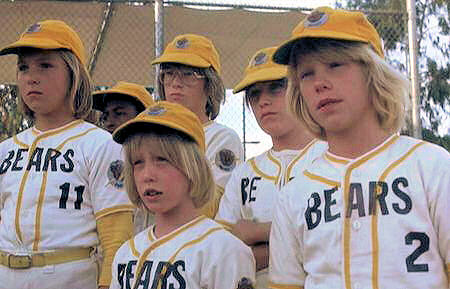–
–
Netflix recently added a bunch of movies from the 70s and “The Taking of Pelham One Two Three” caught my eye (the original 1974 film, not the remake). I remembered seeing it in the theater in my early teens. Walter Matthau and the gritty old NYC vibe. Not quite the caliber of “The French Connection” or “Serpico,” but drawing from those same mean streets. And what a cast, in addition to Matthau, there’s Robert Shaw, Martin Balsam, Hector Elizondo, Jerry Stiller, and more, including Lee Wallace spoofing NYC Mayor Koch.
Anyway, I watched it again. I don’t know that it stood up all that well, but I enjoyed it, partly for nostalgic reasons. It brought me back.
That said: The opening theme, written by legendary composer David Shire, is out of this world good. Brassy and propulsive and energetic, a jazz-funk theme that announces a city that is alive and muscular, gritty and tough.
Give it a listen . . . it’s fabulous.
–
One thing of note. There’s a moment early in the film when one of the bad guys sneezes and Matthau’s character — Garber — says “Gesundheit.” It was enough of a moment, including that extra beat, that made me think, Hmmmm, why are they doing this here?
I knew something was up with that sneeze.
–
–
The film goes on and, wow, again, the bad guy (Green) sneezes. And again, Gesundheit. So not only do we notice it, we notice Garber noticing it. And if I didn’t realize after the first sneeze, by this time I knew for damn certain that the movie would include one more sneeze. A pivotal sneeze. And that it would be how Green gets caught.
(Sidenote: I assume this is where Tarantino lifted the idea for all the criminals in “Reservoir Dogs” using colors for code names: Mr. Brown, Mr. Pink, Mr. Orange, etc.)
Anyway, this is why my long-suffering wife Lisa hates watching movies with me. To the point where I’ve had to promise to keep my big mouth shut. Or else I’ll ruin things by musing out loud on the (obvious!) ending in the first few minutes of a movie. I’m sure other writers, especially mystery writers (there are 42 Jigsaw Jones books, after all, so I’ve learned a thing or two about laying out clues), do this all the time. We notice things. The odd clue that’s put forward unexpectedly, with just a touch too much emphasis. Why have that minor character sneeze like that? It must mean something. Or we know that it will mean something later on.
–
–
This is, of course, Chekhov’s Gun. The idea that if a writer introduces a gun in the first act, it must go off by the third act. Otherwise, don’t include the gun at all. Or the sneeze. Every element is essential to the story or irrelevant.
Anyway, the film dutifully gives us that sneeze at the end of the film, as I knew it must.
–
And the scene was perfect, and waiting for it held its own deep satisfaction. And then we got the film’s final shot, Matthau’s mug, hearing it, and knowing: he’s got his man.
End scene, end movie.
–
–
Just perfect.
–
–










